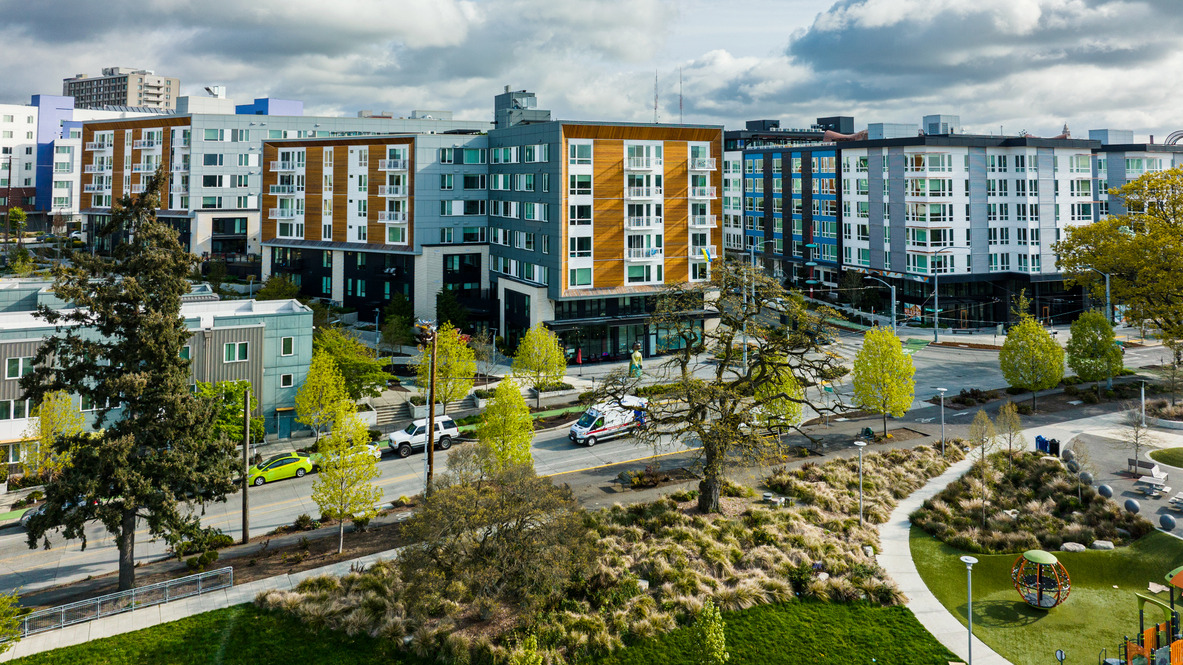
With the 2024 elections rapidly approaching, the outcome could significantly shape the future of the economy and the commercial real estate (CRE) industry.
Later this afternoon at 3:00 PM ET, The Roundtable will host an exclusive Zoom Town Hall session featuring Jonathan Martin, Politics Bureau Chief and Senior Political Columnist for POLITICO. He will share his expert insights on the political landscape, highlighting the most significant races and trends leading up to the election.
In addition to Martin’s analysis, The Roundtable will give a brief update on its policy priorities on tax policy, capital and credit issues, energy and sustainability initiatives, housing affordability, and more.
This Zoom session, provided to RER members only, will provide a unique opportunity to gain political insight from one of the country’s top analysts, alongside critical updates on the Roundtable advocacy efforts.
RER members will receive a link to register for the event.
If you are unable to join the session, a recording will be available next week.

Office vacancy rates are beginning to show signs of easing as companies ramp up efforts to bring employees back to the office, fueling optimism across commercial real estate. The office sector also saw key highlights in property conversions and sustainability efforts this week.
Driving Factors
Market Sentiment

Property Conversions

Sustainable Innovation
The Roundtable continues to advocate for energy-efficient solutions, supporting property conversions and innovative building methods that align with the evolving needs of modern offices. These efforts are essential to creating sustainable workspaces and revitalizing cities.

While recent rate cuts from the Federal Reserve are providing relief for both CRE and housing markets, the affordability crisis remains at the forefront of policy debates in Washington.
Roundtable Housing Priorities
Alternative Housing Solutions
The Roundtable encourages policymakers to support federal incentives for affordable housing and zoning reforms to streamline housing development. These measures can help ensure that high-quality, affordable options, such as modular homes, are available to meet rising demand.